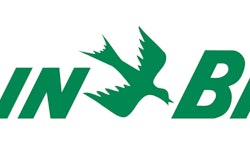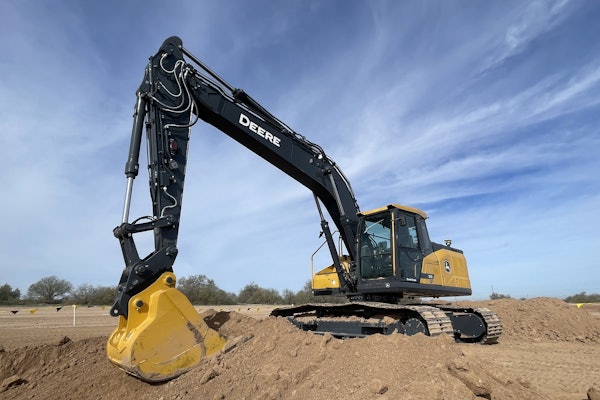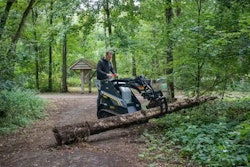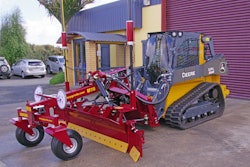By Adam Kirk

I recently connected with Ryan Farley, one of the co-founders of LawnStarter, for a Q&A about the state of the landscaping industry today, as well as tips on what entrepreneurs in the landscaping business can do to be successful.
Kirk: What are the main challenges that landscaping businesses face today and how can they be overcome?
Farley: There are a number of challenges. For one, getting the word out about your business is very difficult. Most lawn care operators (LCOs) grow primarily via word of mouth, but that takes a long time. Not to mention, it’s important to get jobs that are close together.
Another major challenge is hiring quality labor. Turnover in the industry is high, so finding loyal employees is tough, but it can be done. Believe it or not, joining pickup basketball or soccer leagues and meeting people that way seems to be one of the most successful hiring tactics.
Kirk: What are some common characteristics of successful landscaping ventures?
Farley: The most successful landscapers do three things well:
- They keep tight routes. Drive time is one of the biggest expenses of an LCO, given the cost of gas and employee time. Some companies starting out will take any job they can get, because why not? But fast forward a couple of months and they’re having to drive all over town. It’s important for LCOs to stay disciplined on which areas they’ll service. In fact, one of the biggest advantages of the LawnStarter Lawn Care platform is that our algorithms automatically distribute jobs to nearby existing customers.
- They price to make a profit. It’s easy to get in a bidding war, especially on bigger jobs. However, it’s also easy to underbid and lose money on the whole thing. Ultimately, if an LCO owner doesn’t know how to bid a certain project, it’s often best to simply pass on the opportunity.
- They go the extra mile. Wrapping up the hose, moving yard toys back to where they were, and spraying weeds in the cracks are subtle, inexpensive practices that go a long way in a homeowner’s mind. These little touches may cost an extra buck in labor, but they allow an LCO to charge a premium, because they are perceived as more “white glove” and less commoditized. Our data show that these small things result in a huge increase in customer satisfaction and referrals.
Kirk: What early investments should landscaping entrepreneurs consider making?
Farley: Aside from the necessary equipment, it’s very important to invest in a website and online presence in general. If an LCO owner does this, they’re already ahead of half their competition.
Kirk: If you could say one thing to new landscaping business owners, what would it be?
Farley: Communicate with your customers. We’ve done numerous polls at LawnStarter Lawn Care, and the single biggest thing – even above service quality – that consumers want is clear communication. It’s tough, but being diligent about returning emails, texts and phone calls will keep customers for life.
EDITOR’S NOTE: Adam Kirk is the digital marketing manager for Kiva, a nonprofit organization that allows people to lend money via the Internet to low-income entrepreneurs and students in over 80 countries. See the original post here.










